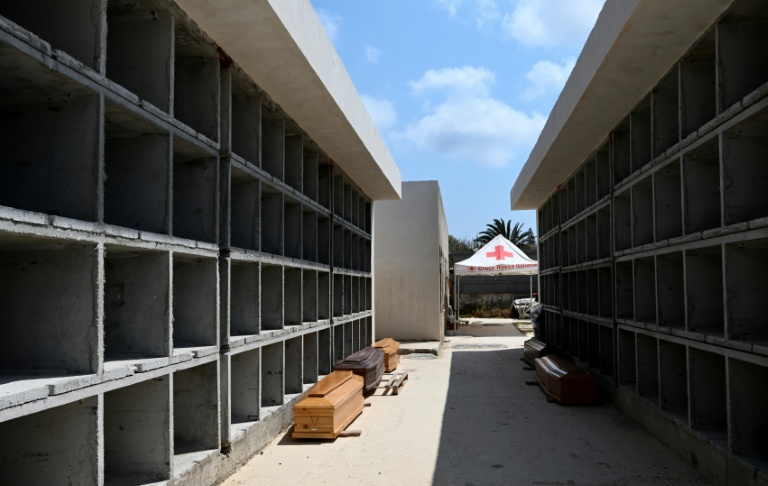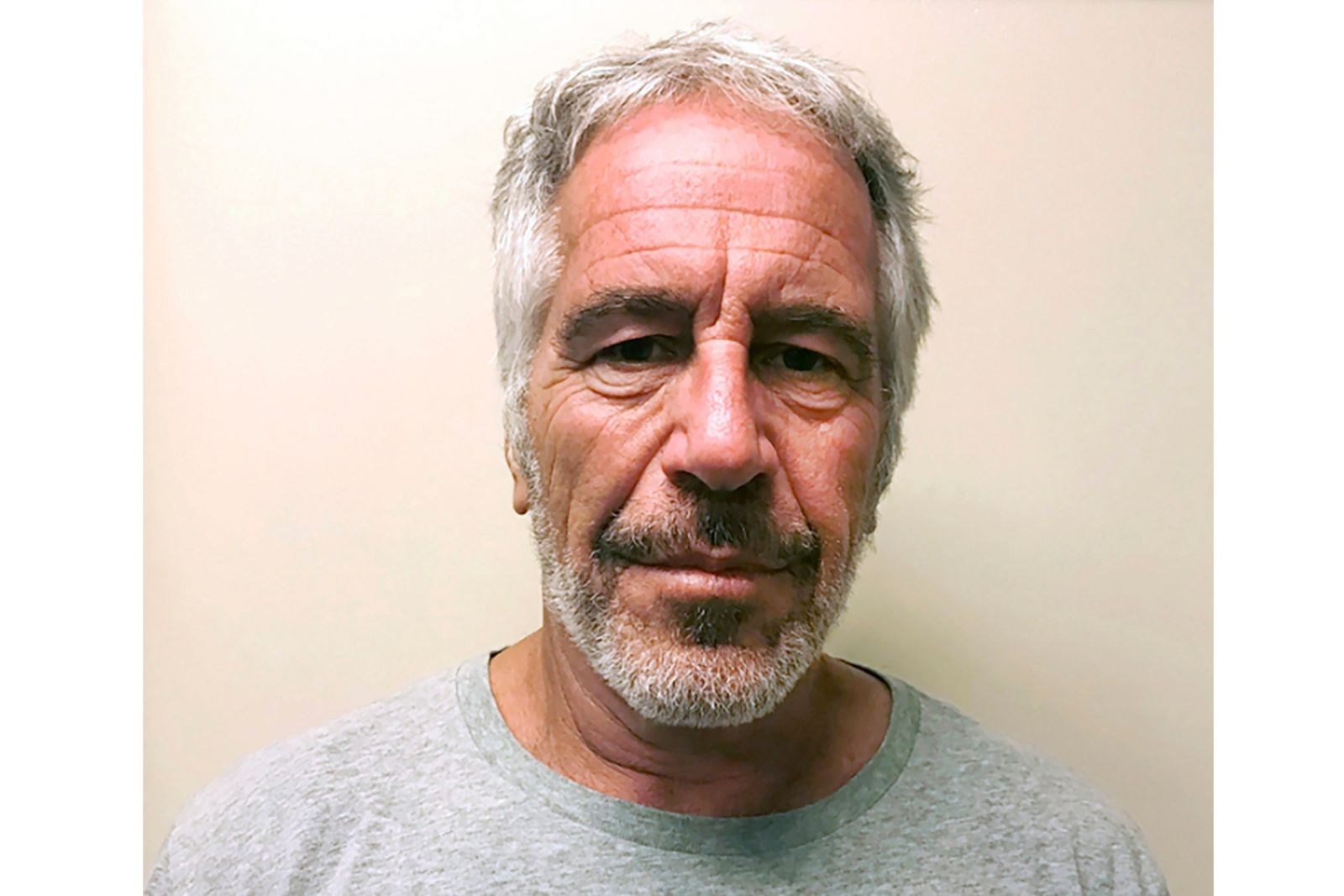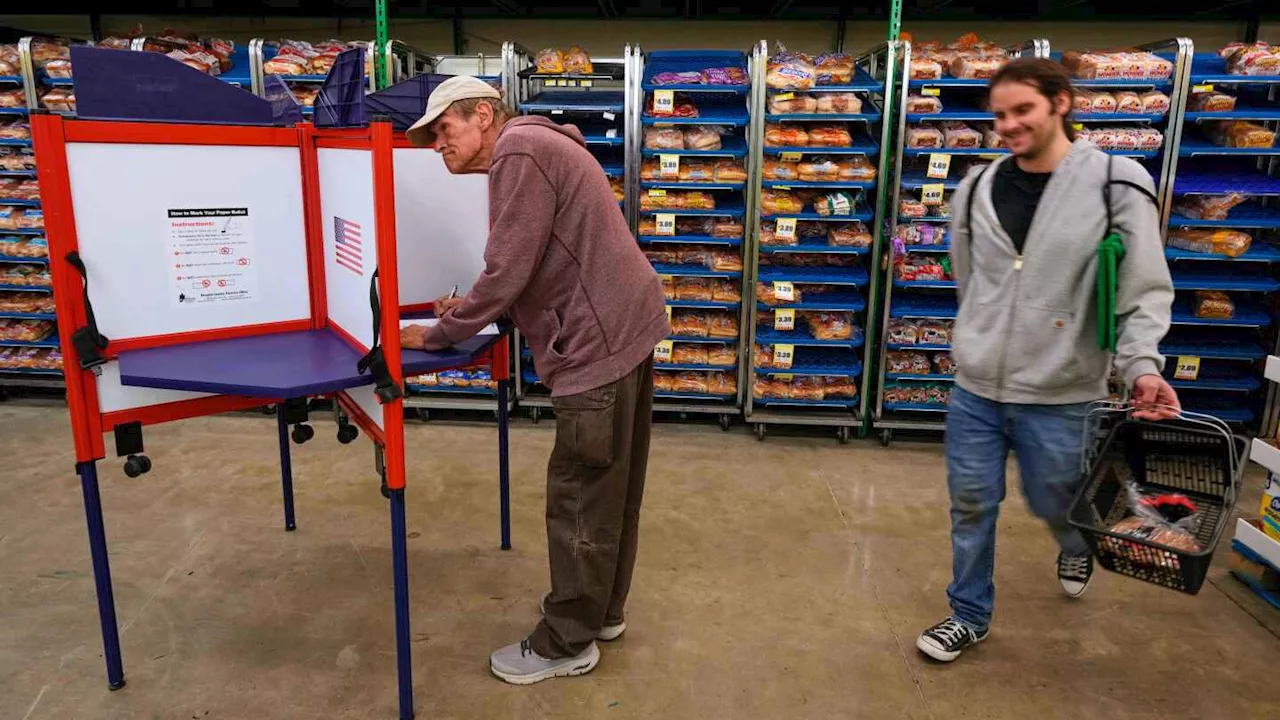After more than three months of stalled negotiations, Pennsylvania lawmakers continue to grapple with a budget impasse that has raised concerns among residents and political observers. This ongoing fiscal standoff occurs despite a basic budget-preparation responsibility that should have been completed by the June 30 deadline. The lack of progress has prompted calls for accountability among members of the Pennsylvania General Assembly.
Many residents are frustrated, believing that if lawmakers cannot fulfill their duties, they should consider resigning to allow more responsible representatives to take charge. As the situation unfolds, some Pennsylvanians are looking towards other states for potential solutions. Minnesota lawmakers have formed a Civility Caucus, aimed at fostering collaboration between Democrats and Republicans to ensure legislative progress. This approach has garnered attention as a model for bridging partisan divides.
Lessons from Other States
The bipartisan effort in Minnesota has inspired similar initiatives in states like Arkansas and Kansas. In Arkansas, state Senator Jamie Scott, a Democrat, emphasizes her relationships with Republican colleagues, including state Senator Breanne Davis. As co-chairwomen of the state’s Future Caucus chapter, they aim to demonstrate the power of cooperation to the public. This caucus specifically targets younger legislators from Generation Z and millennials to help reduce partisanship.
In Kansas, Democratic state Representative Brandon Woodard and Republican state Senator Tory Marie Blew are also co-chairs of their Future Caucus chapter. They expressed a strong personal bond, sharing their phone locations with each other despite their differing political ideologies. Blew stated, “We’re starting a movement that you can interact with the people across the aisle — they’re not the devil.” Woodard echoed the sentiment, highlighting the importance of collaboration with the GOP supermajority, saying, “this is the only way to get anything done.”
The Situation in Pennsylvania
In stark contrast, Pennsylvania faces a complex situation where political observers note that no single issue is obstructing budget approval. As the impasse continues, counties, school districts, and nonprofits are increasingly feeling the financial strain. This lack of resolution poses significant challenges for these organizations, raising concerns about their sustainability in the coming weeks and months.
The inability to reach a compromise in Pennsylvania, a state historically significant to the nation’s founding, raises questions about the current political climate. The state is known for its ties to the Liberty Bell, symbolizing freedom and unity. Yet, the ongoing budget struggles suggest a failure to uphold those values in governance.
As the stalemate persists, the urgency for Pennsylvania lawmakers to reflect on their responsibilities becomes increasingly apparent. The example set by states like Minnesota, Arkansas, and Kansas serves as a reminder of the potential benefits of bipartisan collaboration. For many, the hope remains that Pennsylvania can find a path forward, prioritizing the needs of its residents over political divides.







